Is AI Going to Replace Your Job?

According to a Goldman Sachs study, artificial intelligence (AI) might replace the equivalent of 300 million full-time jobs. It has the potential to replace a quarter of all labor duties in the United States and Europe while also creating new employment and increasing productivity. Furthermore, it has the potential to increase the worldwide annual value of products and services produced by 7%. According to the paper, generative AI, which can produce content that is indistinguishable from human effort, is a “major advancement.” In this blog, we will talk about AI and jobs. Read on!
Artificial Intelligence and Jobs! Can ChatGPT Replace Jobs in the Future?
OpenAI’s ChatGPT has been used to compose cover letters, construct a children’s book, and even assist students cheat on their essays since its introduction in November of last year. The chatbot might be more powerful than we realized. Google discovered that, in principle, if the bot interviewed at the firm, it would be hired as an entry-level developer. Businesses are taking notice. Both IBM and the British telecom conglomerate BT Group referenced AI when announcing job layoffs — and claiming that many would not be reinstated.
According to the paper, the impact of AI would vary across sectors: 46% of administrative jobs and 44% of legal professions might be automated, but just 6% in construction and 4% in maintenance. According to BBC News, several artists are concerned that AI image producers would impair their job chances.
While a 2013 University of Oxford research indicated that AI might displace 47% of US jobs over the next 20 years, the estimate looks to be off the mark. According to a recent Goldman Sachs report, generative AI technologies might influence 300 million full-time employees worldwide, causing a “significant disruption” in the labor market.
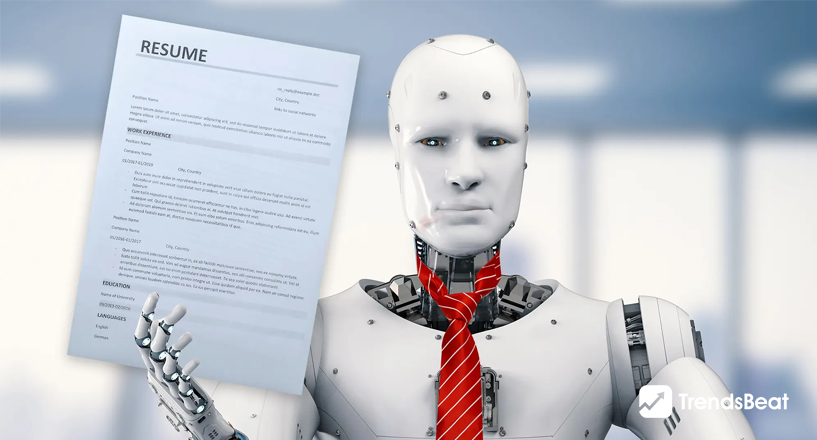
Disadvantages of AI alongside its Productivity
Nonetheless, Anu Madgavkar, a partner at the McKinsey Global Institute, told Insider that human judgment must be added to these technologies to minimize inaccuracy and prejudice. Users of ChatGPT discovered that the bot can provide false information, improperly solve coding questions, and make fundamental math blunders. “We need to think of these things as productivity boosters rather than complete replacements,” Madgavkar added.
Could Tech jobs be replaced by AI? Job Replacement AI!
Coding and computer programming are in high demand in today’s world, but ChatGPT and AI technologies may replace some of the gaps in the coming years. Software engineers, web developers, computer programmers, coders, and data scientists, for example, are “pretty amenable” to AI technologies “displacing more of their work,” according to Madgavkar. This is because AI, such as ChatGPT, is adept at crunching numbers with a high degree of precision.
Indeed, sophisticated technologies like ChatGPT might create code quicker than humans, allowing work to be finished with fewer personnel, according to Mark Muro, a senior scholar at the Brookings Institute who has studied AI’s influence on the American workforce.
“What it took a team of software developers might only take some of them,” he continued. AI is already being considered by IT businesses such as ChatGPT maker OpenAI to replace software developers. Nonetheless, Oded Netzer, a Columbia Business School professor, believes that AI will aid rather than replace coders. “In terms of jobs, I think it’s more of an enhancer than a complete replacement,” Netzer told CBS MoneyWatch. “A good example is coding and programming.” It can write code fairly well.”
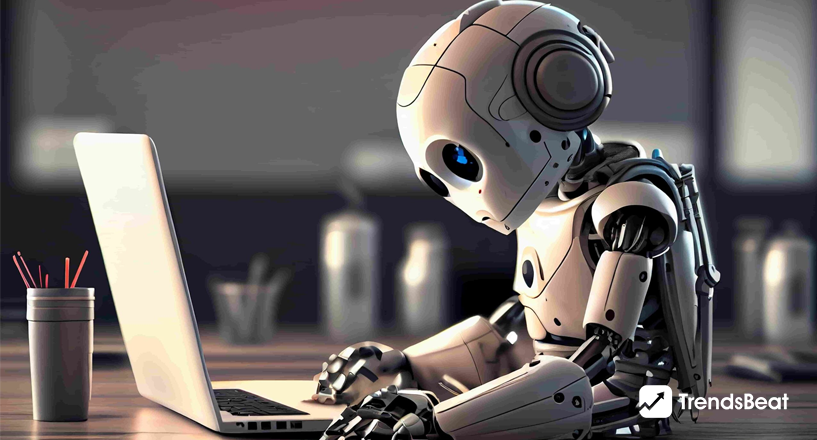
Can AI Replace Media Jobs (Advertising, Content Creation, Technical Writing, Journalism)?
ChatGPT and related kinds of AI may have an impact on media employment across the board, including those in advertising, technical writing, journalism, and any function that requires content generation, according to Madgavkar. This is due to AI’s ability to read, write, and analyze text-based data, she noted. “Analyzing and interpreting vast amounts of language-based data and information is a skill that you’d expect generative AI technologies to ramp up on,” Madgavkar added.
Artificial intelligence-generated material is already being tested in the media sector. CNET used an AI tool similar to ChatGPT to produce hundreds of pieces, however, the publisher required many edits, while BuzzFeed used ChatGPT creator technology to generate new types of content, such as quizzes and trip guides. However, Madgavkar claims that the majority of content providers’ jobs cannot be automated. “A lot of human judgment goes into each of these occupations,” she explained.
Indeed! AI tools like ChatGPT can produce effective content based on the prompt humans provide. But, still, the creativity a human mind can put into creative writing and content creation can never be replaced by AI tools. These tools are really helpful and make a significant impact in the industry and have gained massive popularity, but still, the kind of content a human can produce by brainstorming ideas and his thinking skills can never be done by AI.







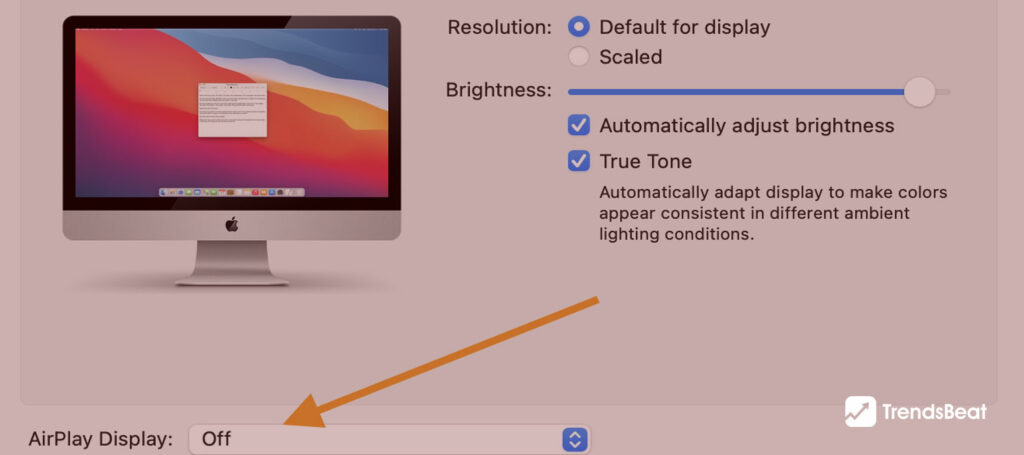

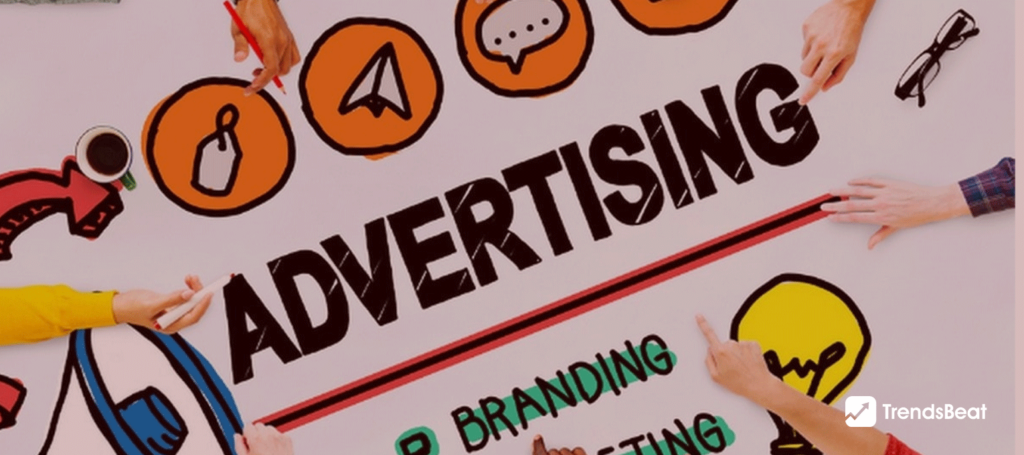

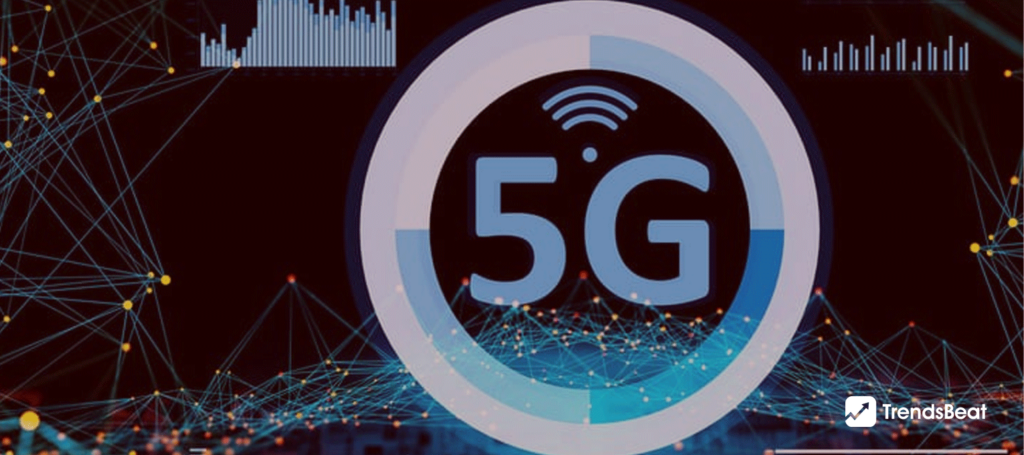




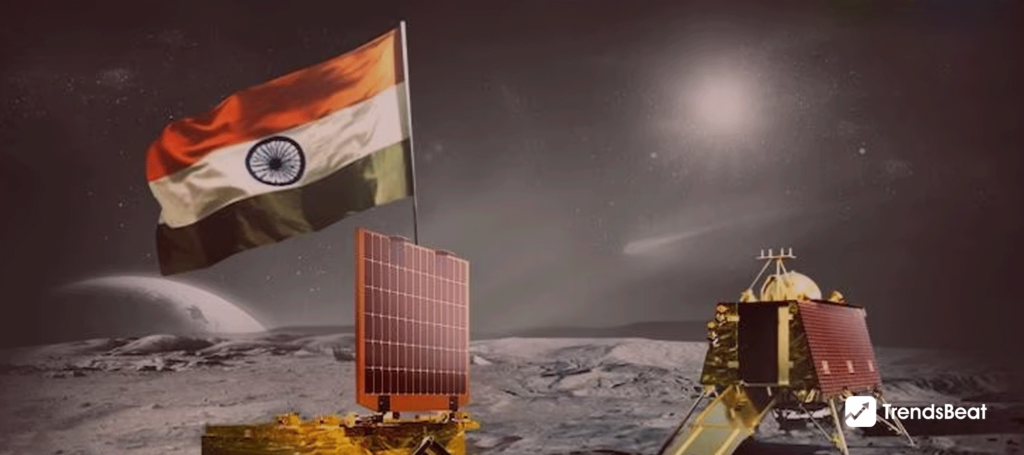
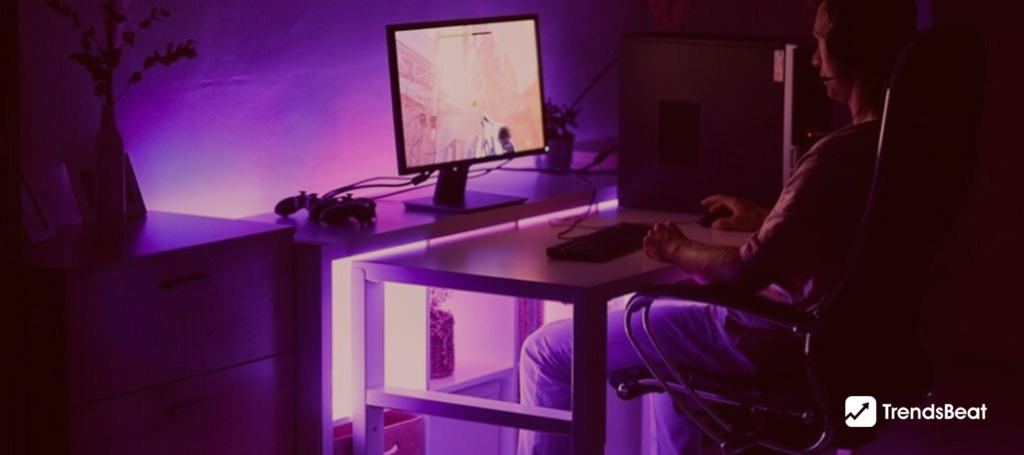


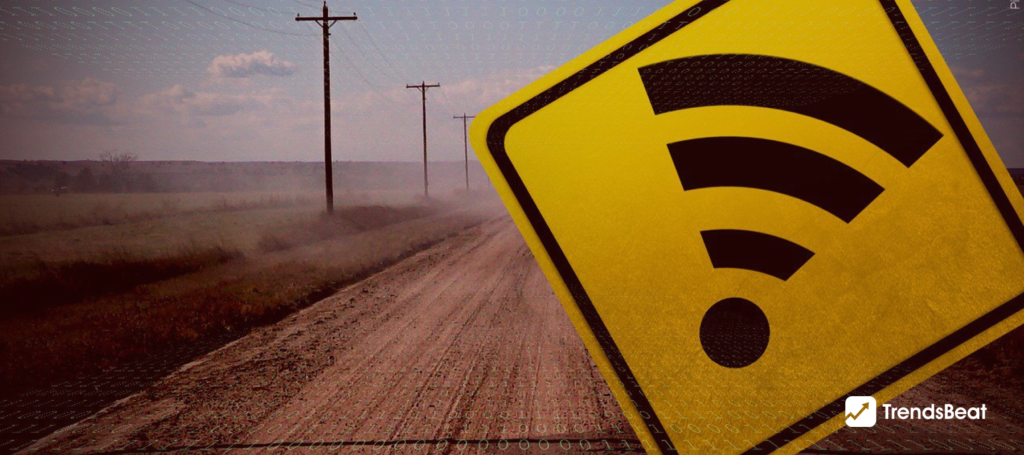

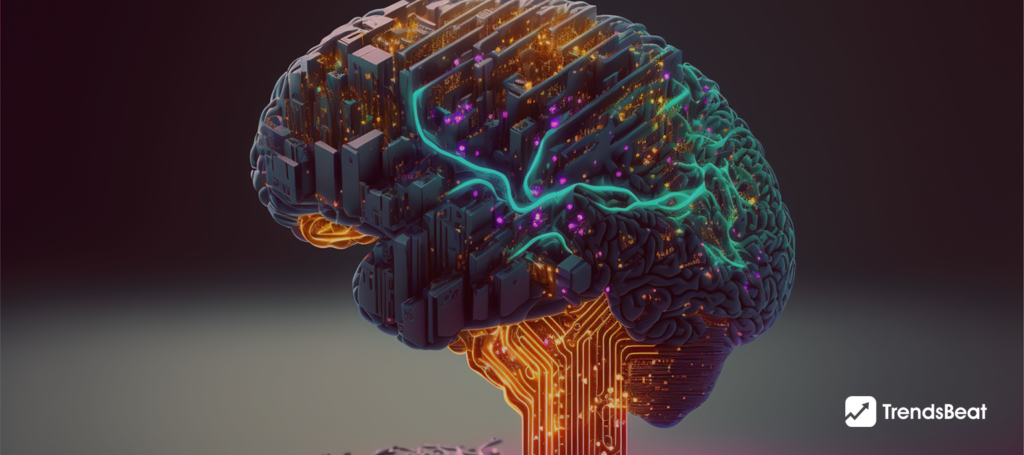

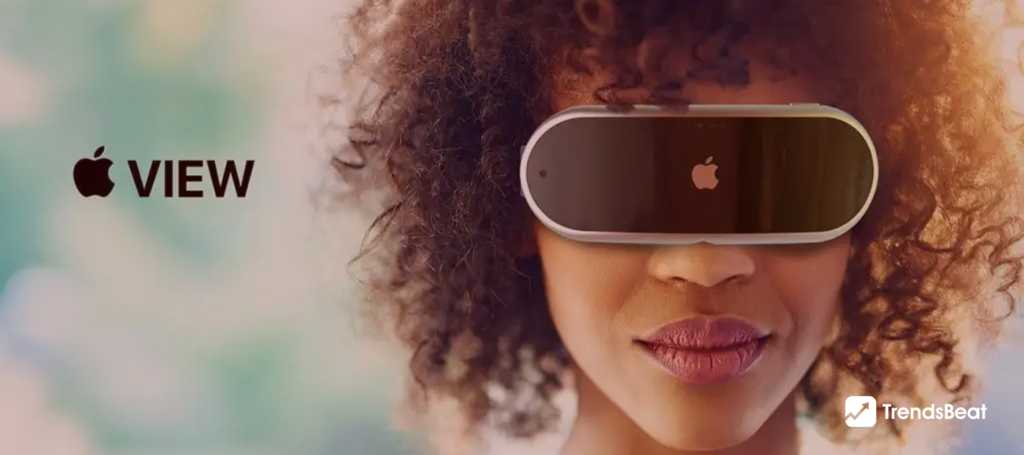


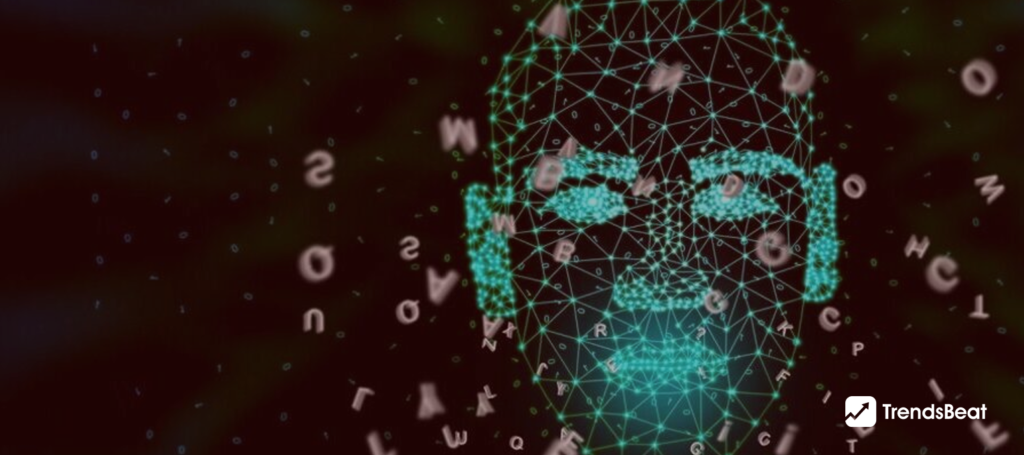


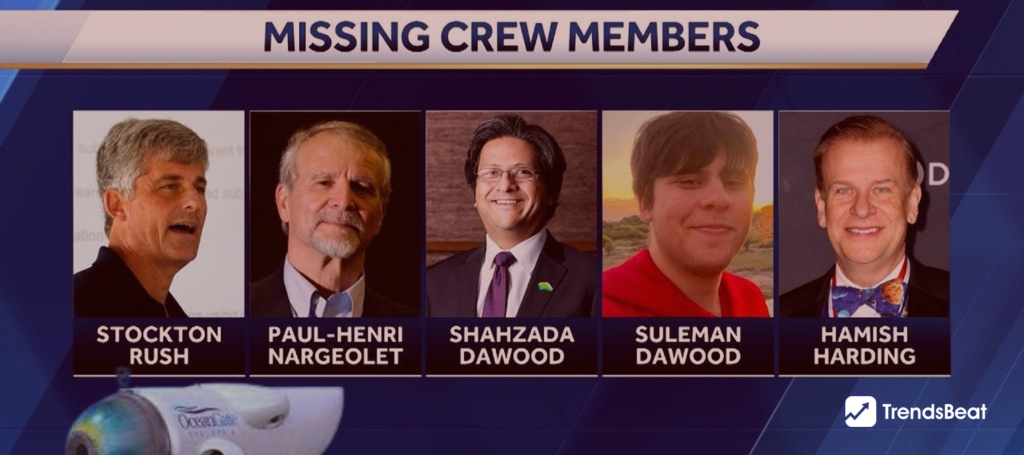

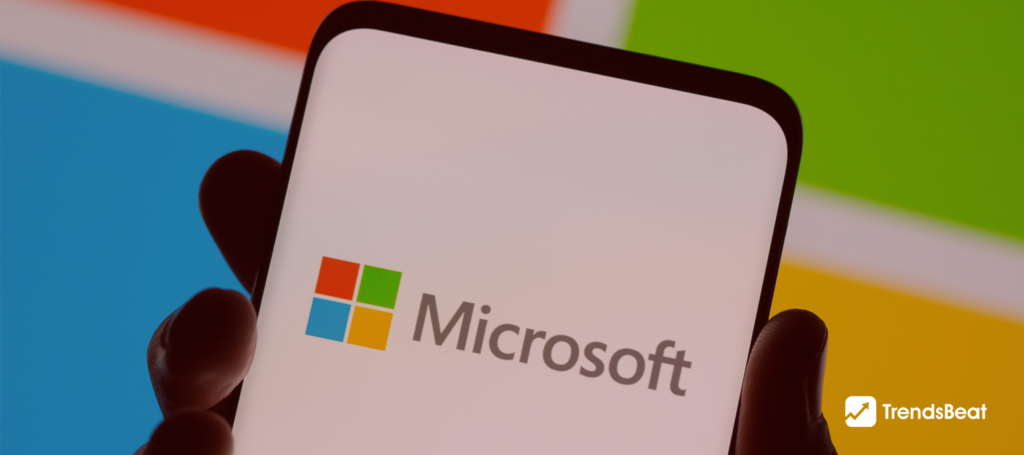

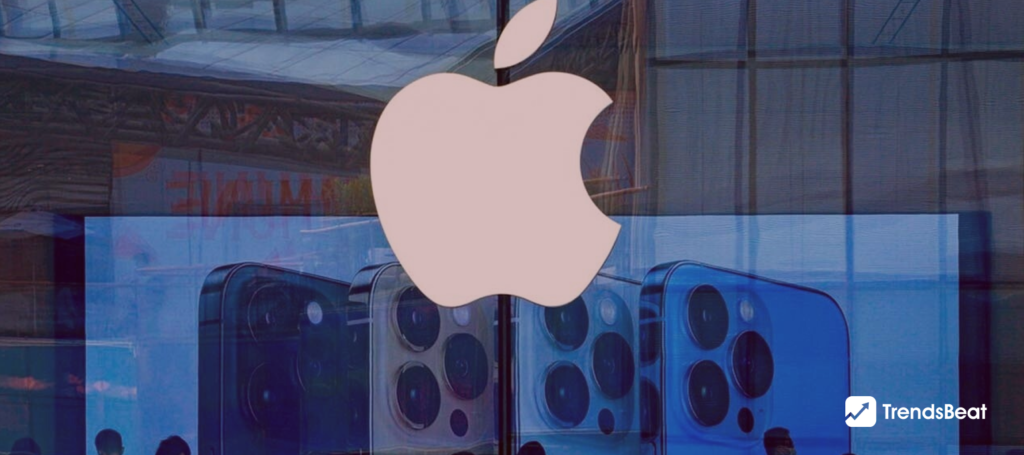

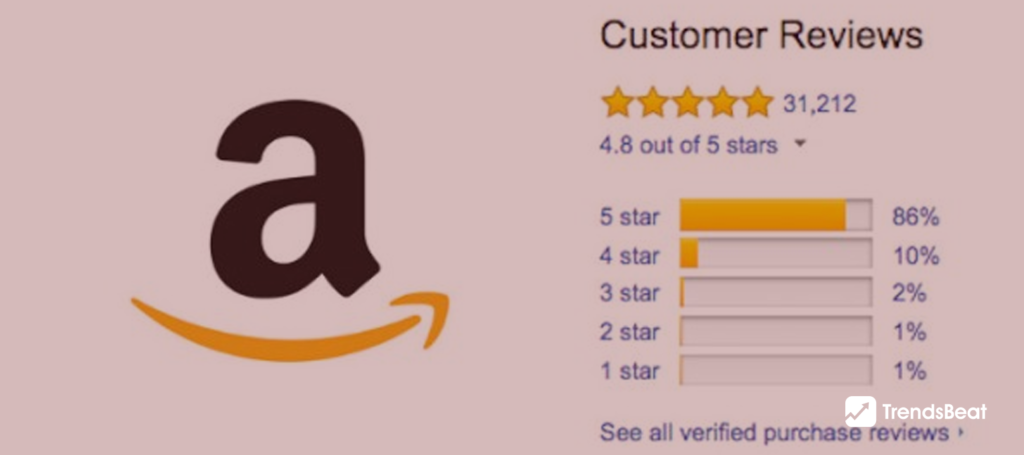

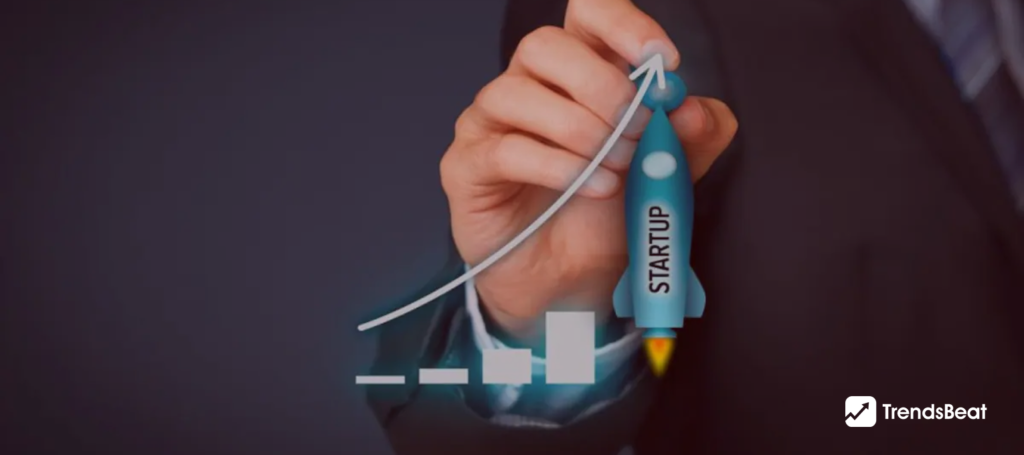
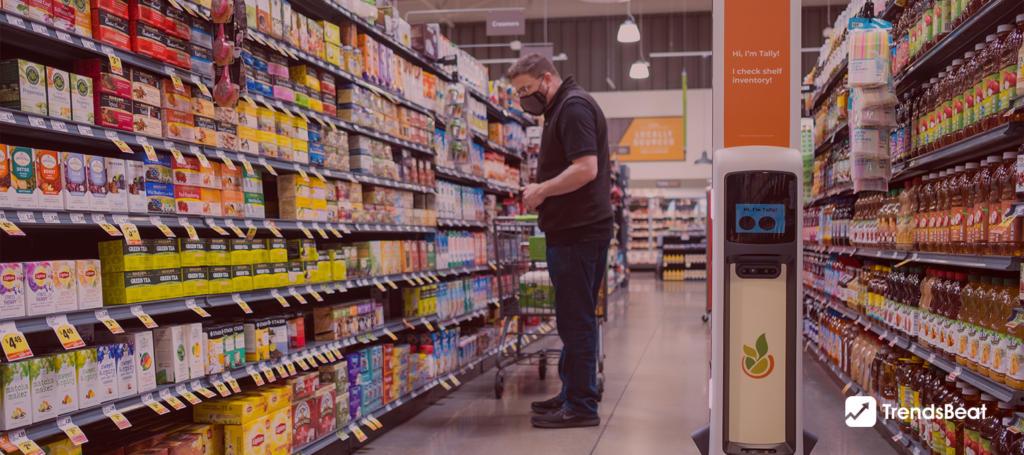
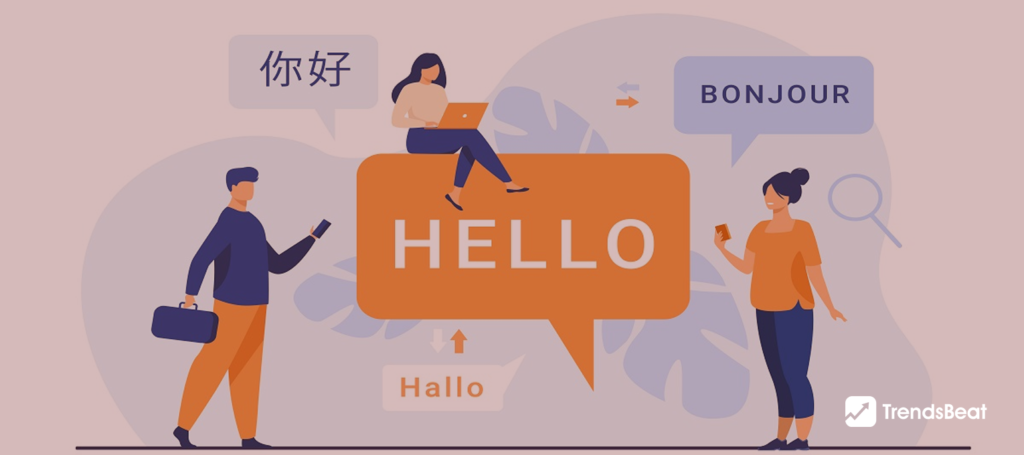
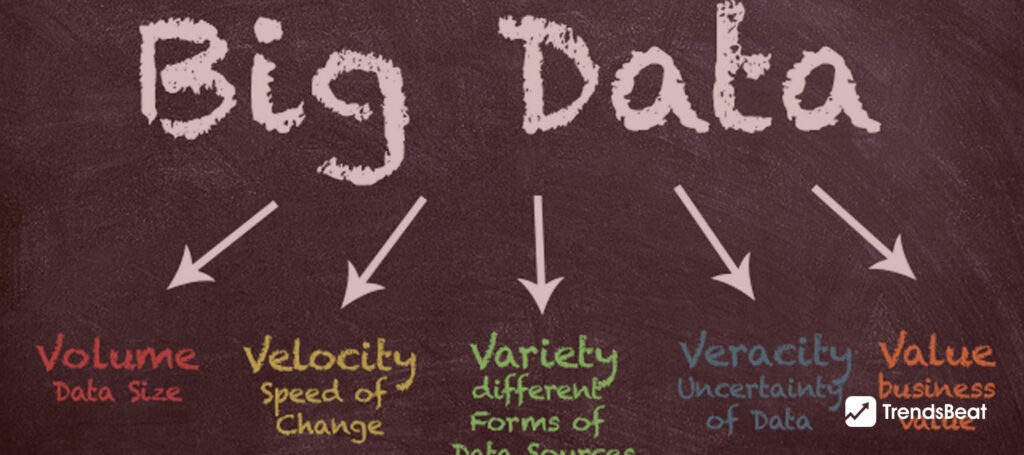





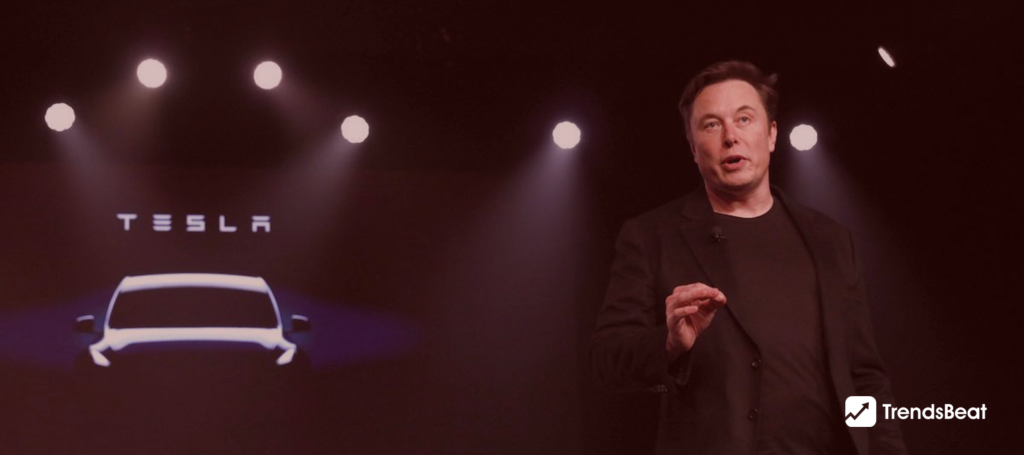


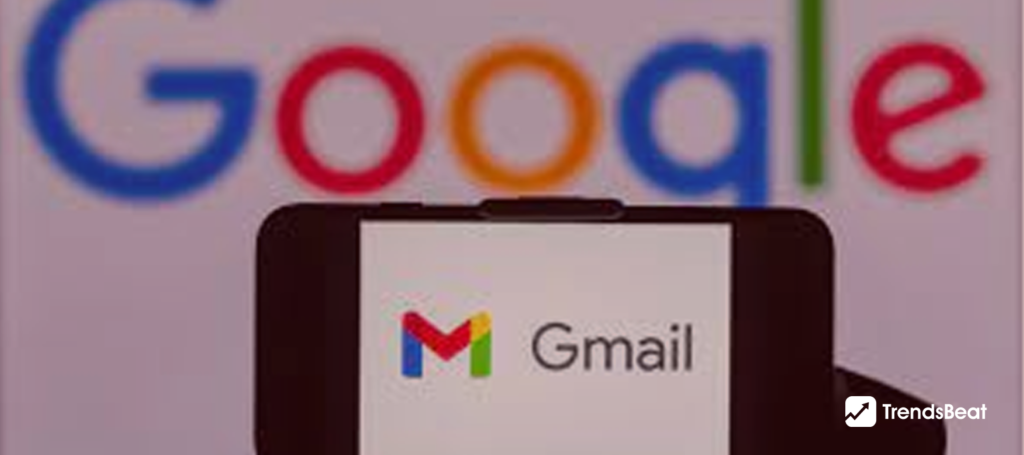
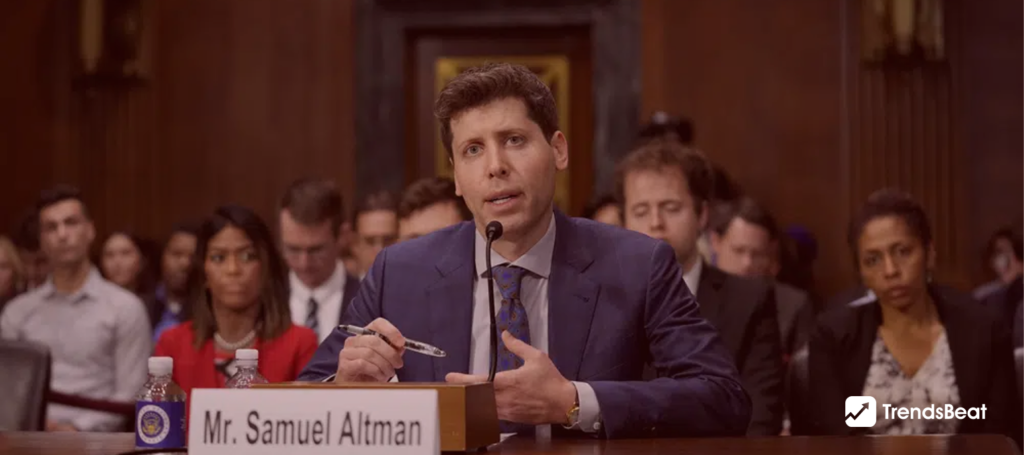
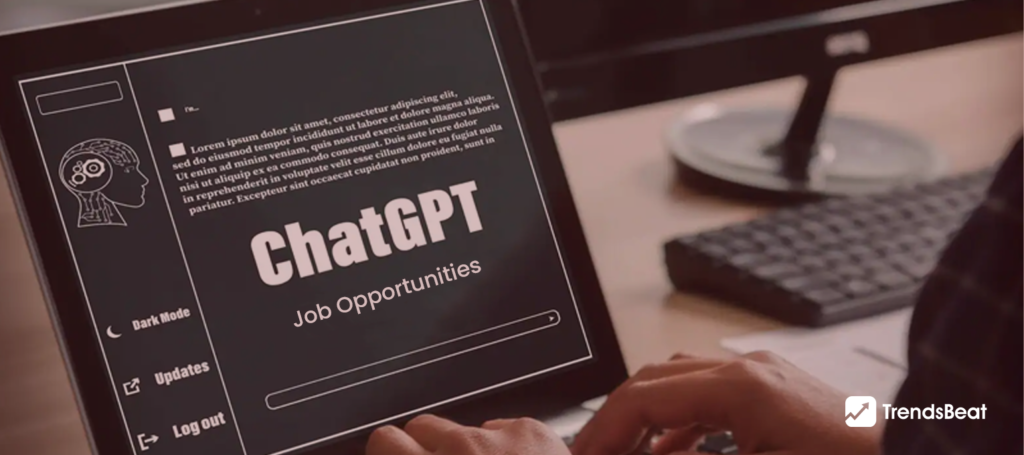
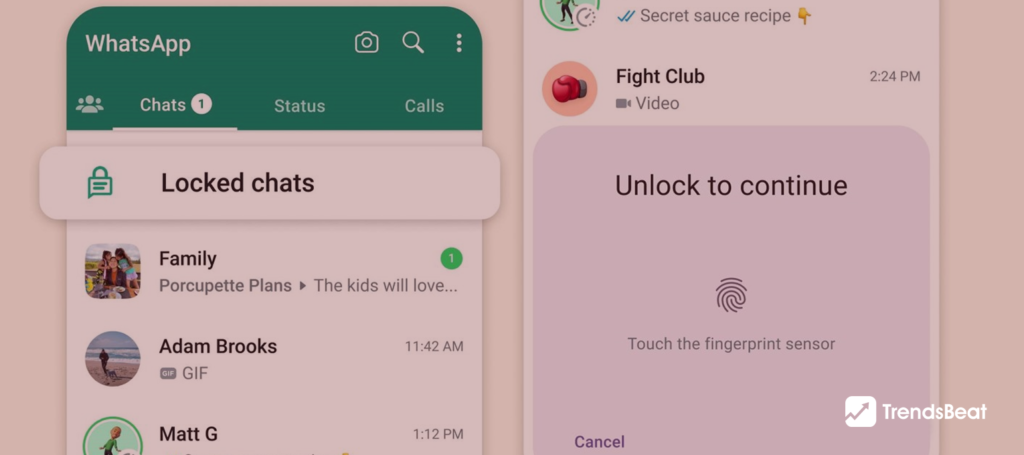

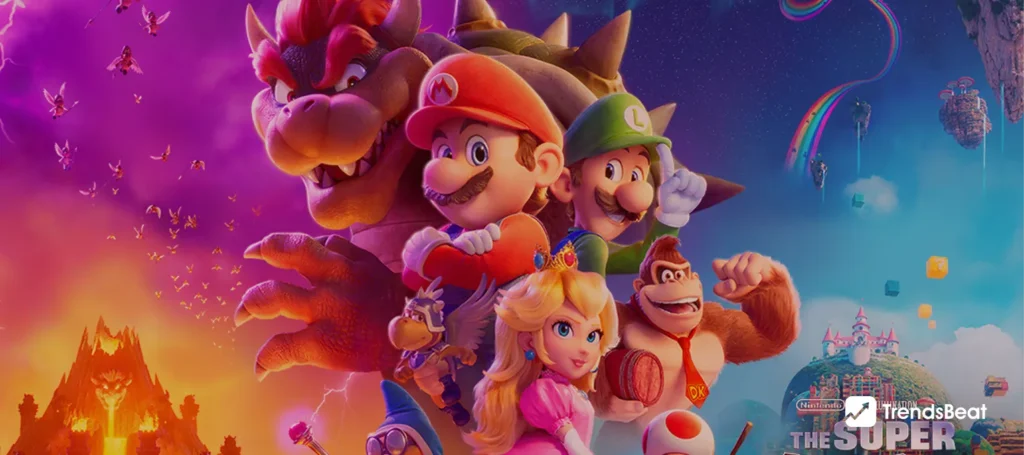
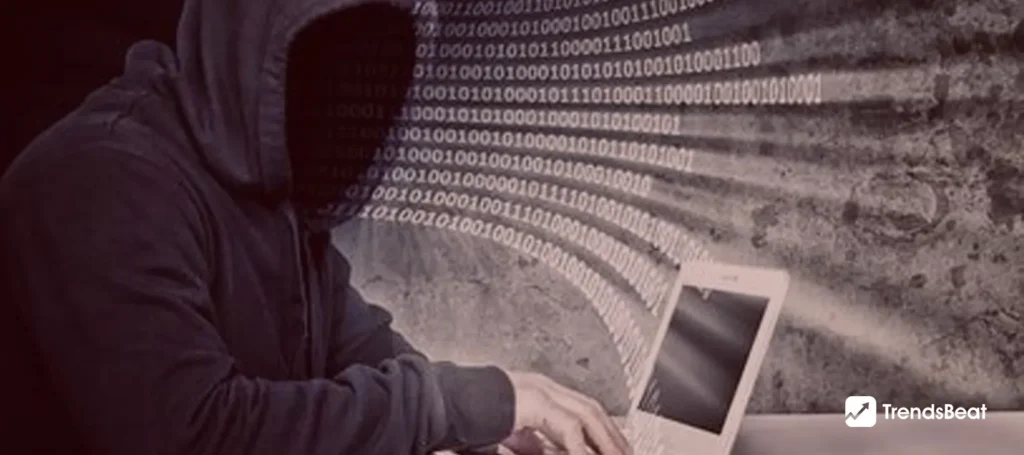
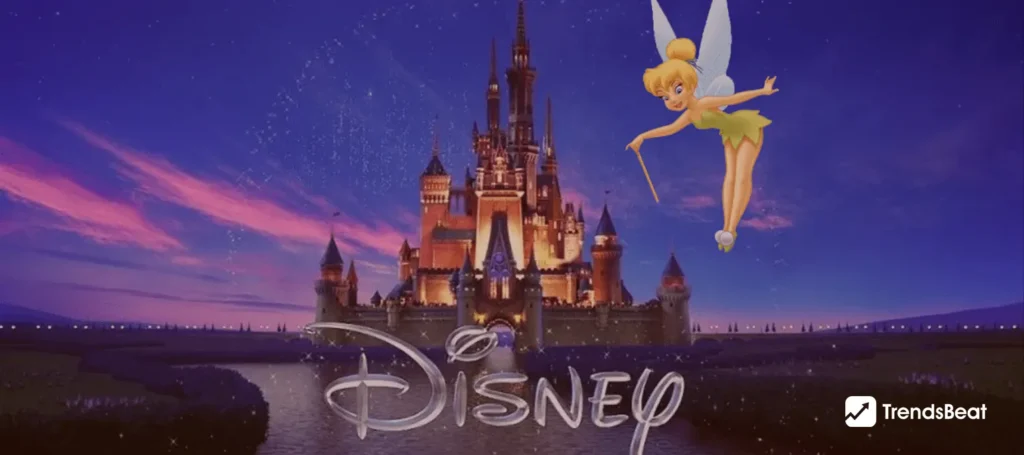
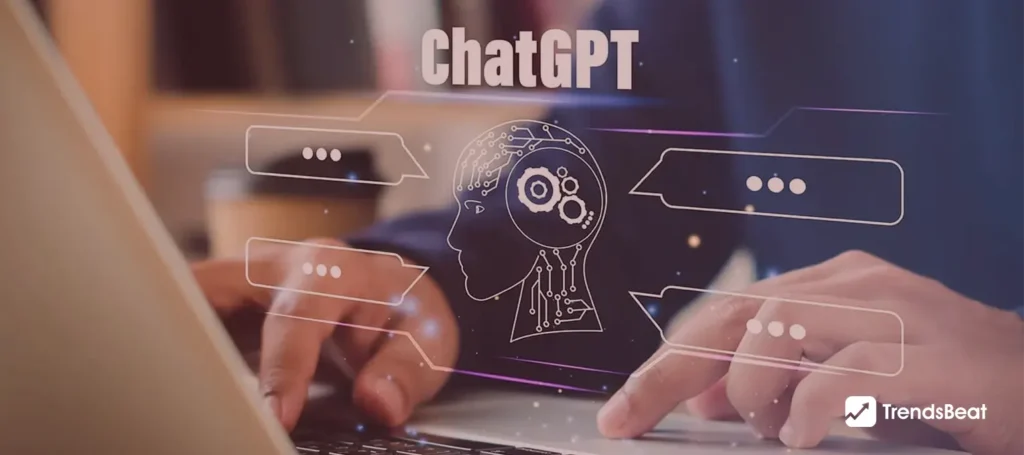

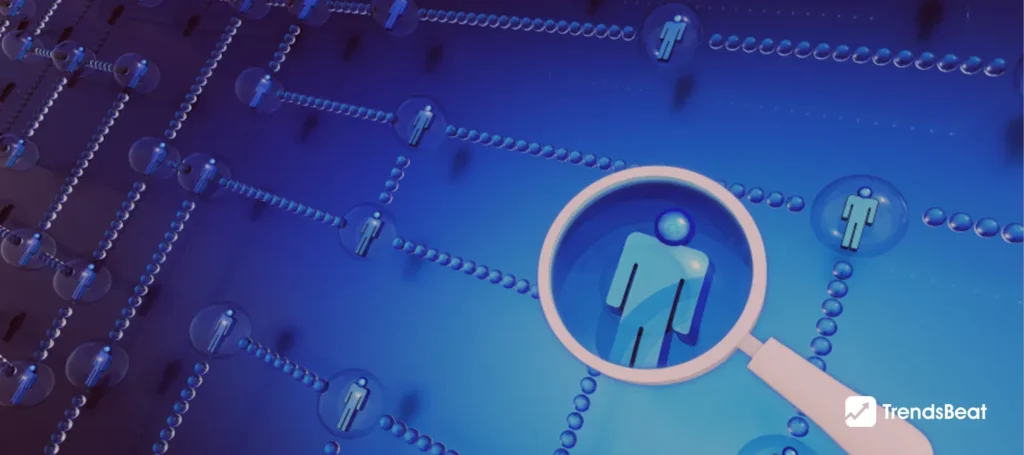

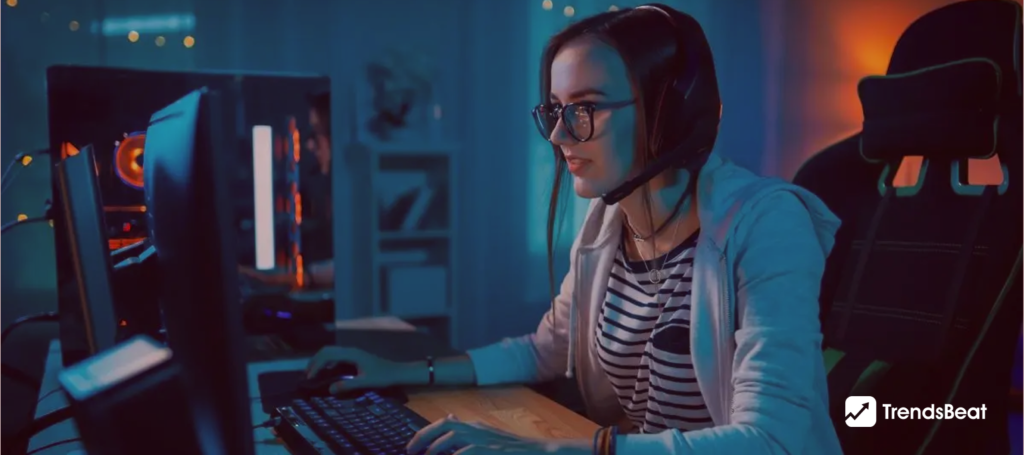














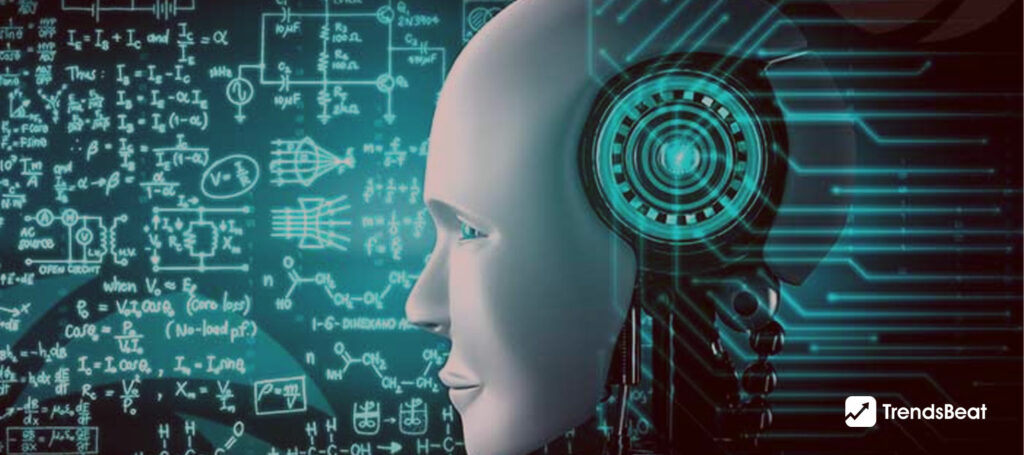
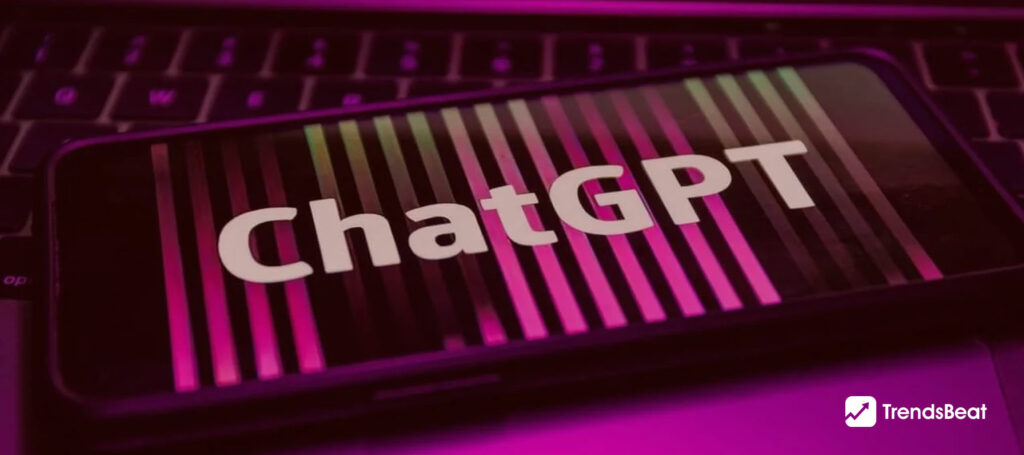
![Essential-Cybersecurity-Tips-for-Small-Businesses-[Protect-Your-Data]-TrendsBeat](https://trendsbeat.com/wp-content/uploads/2023/05/Essential-Cybersecurity-Tips-for-Small-Businesses-Protect-Your-Data-feature-image-template-1024x455.jpg)
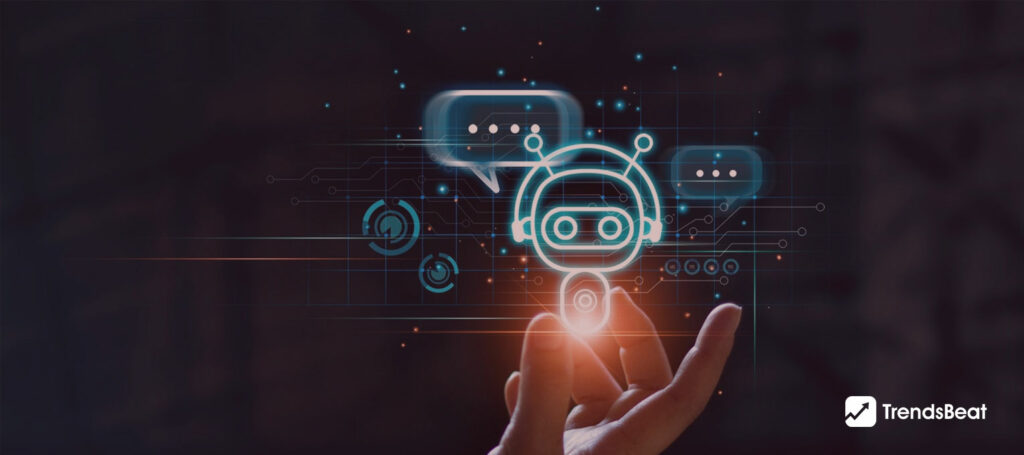

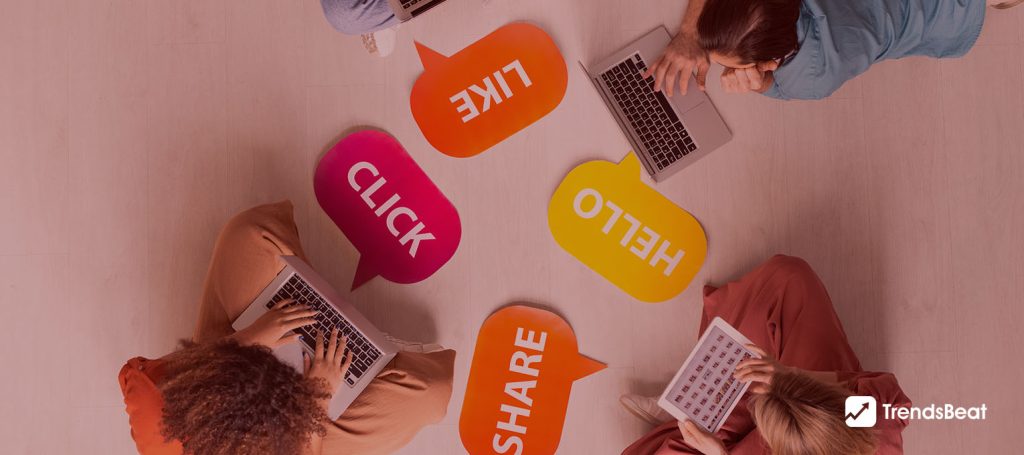
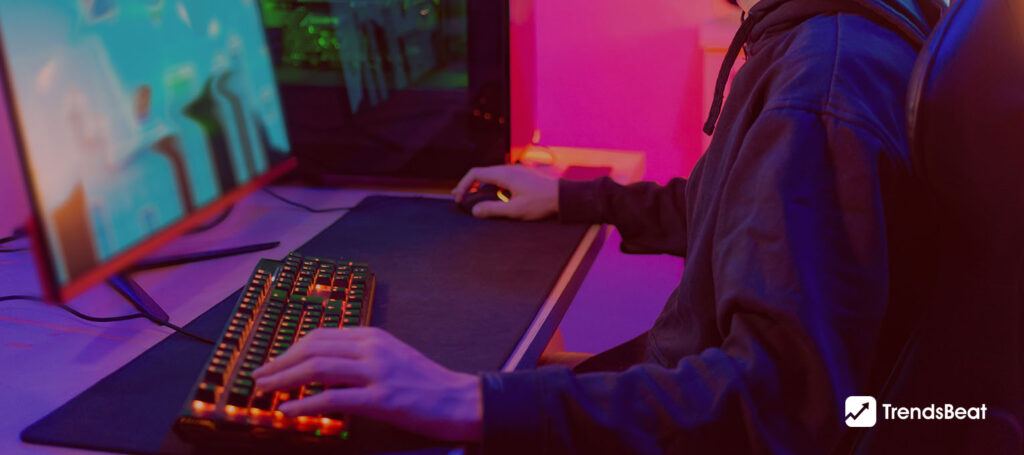
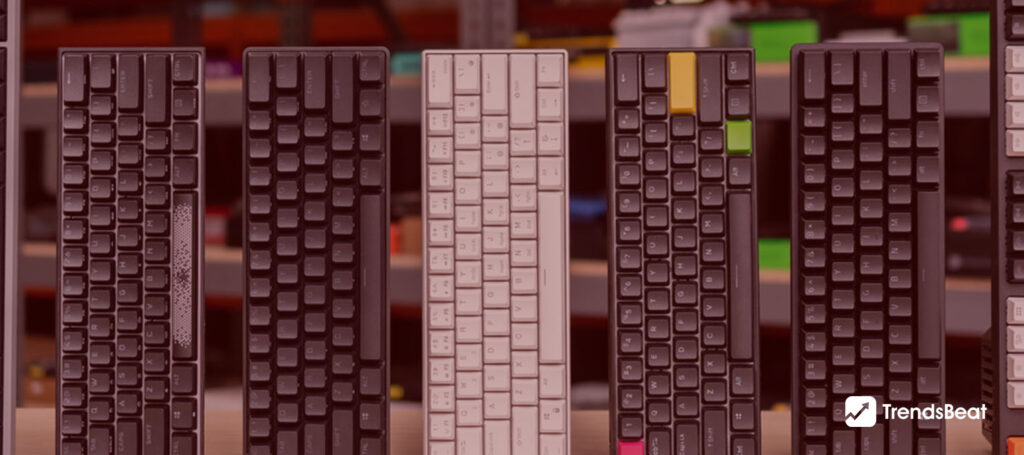

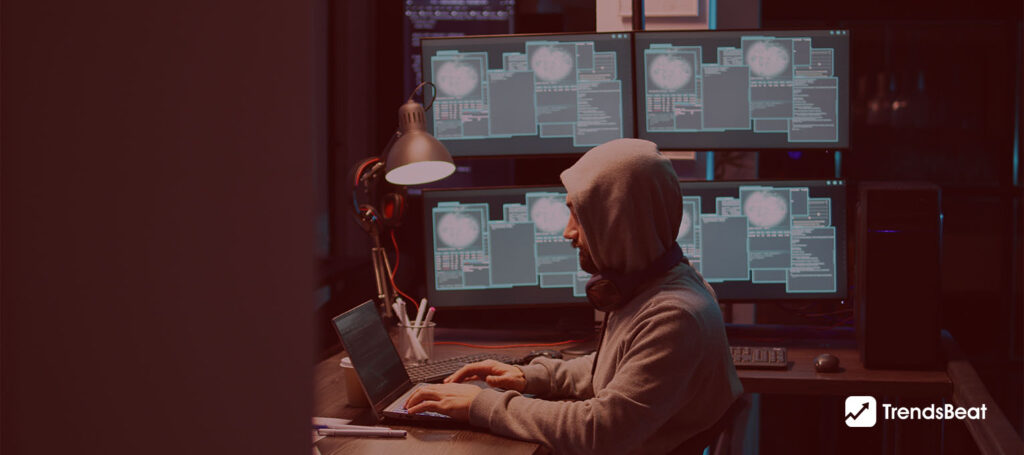
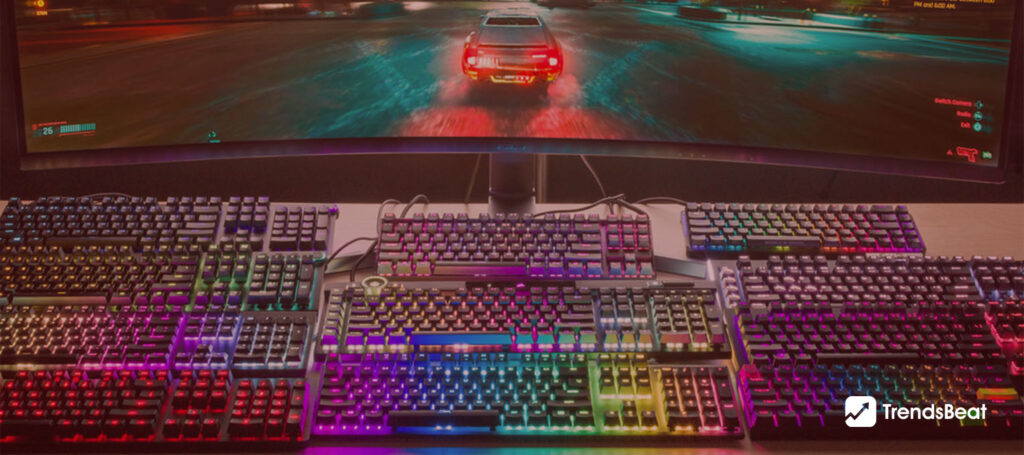




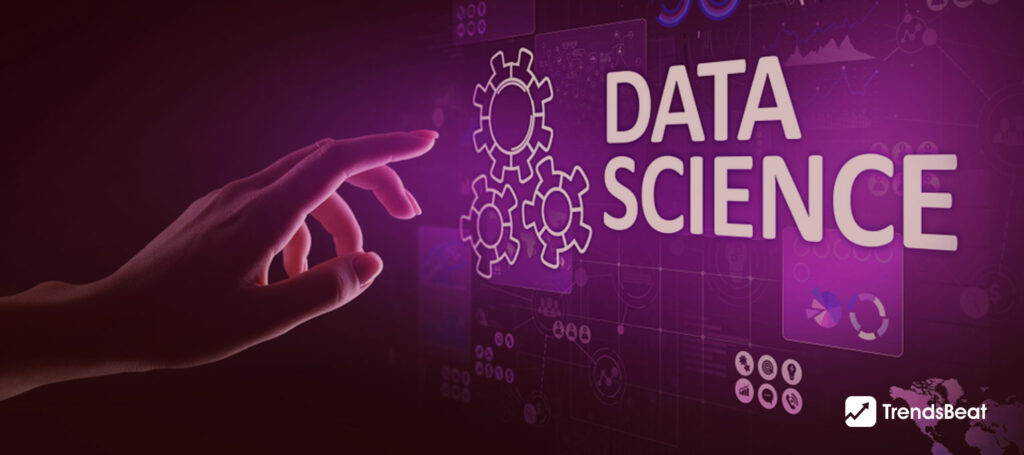


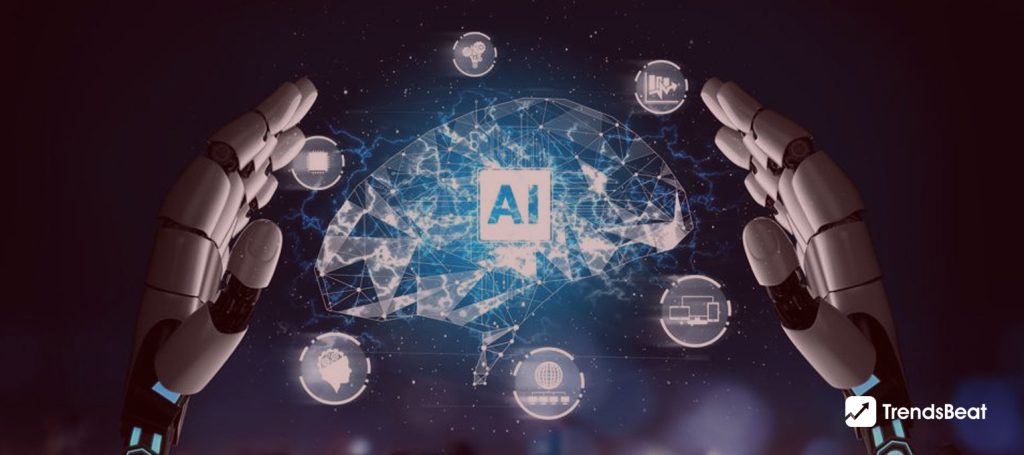


![Top Fitness Trends & Workout Routines to Follow [Stay Fit, Stay Healthy]](https://trendsbeat.com/wp-content/uploads/2023/04/feature-image-Top-Fitness-Trends-Workout-Routines-to-Follow-Stay-Fit-Stay-Healthy-1024x455.jpg)










![[Weight Loss Medication Health Effects] Side Effects and Best Advice](https://trendsbeat.com/wp-content/uploads/2023/04/feature-image-Weight-Loss-Medication-Health-Effects-Side-Effects-and-Best-Advice-1024x455.jpg)



